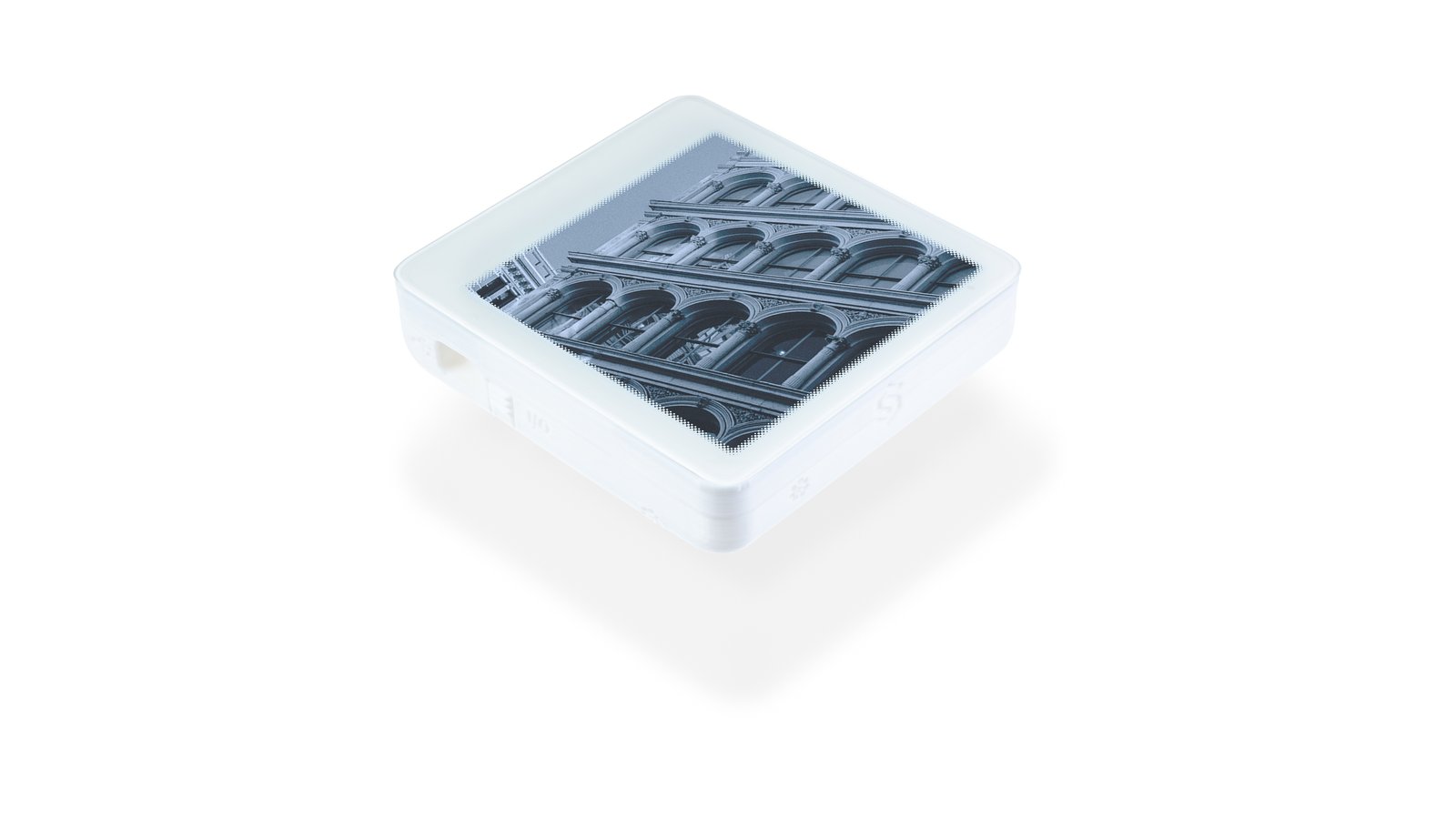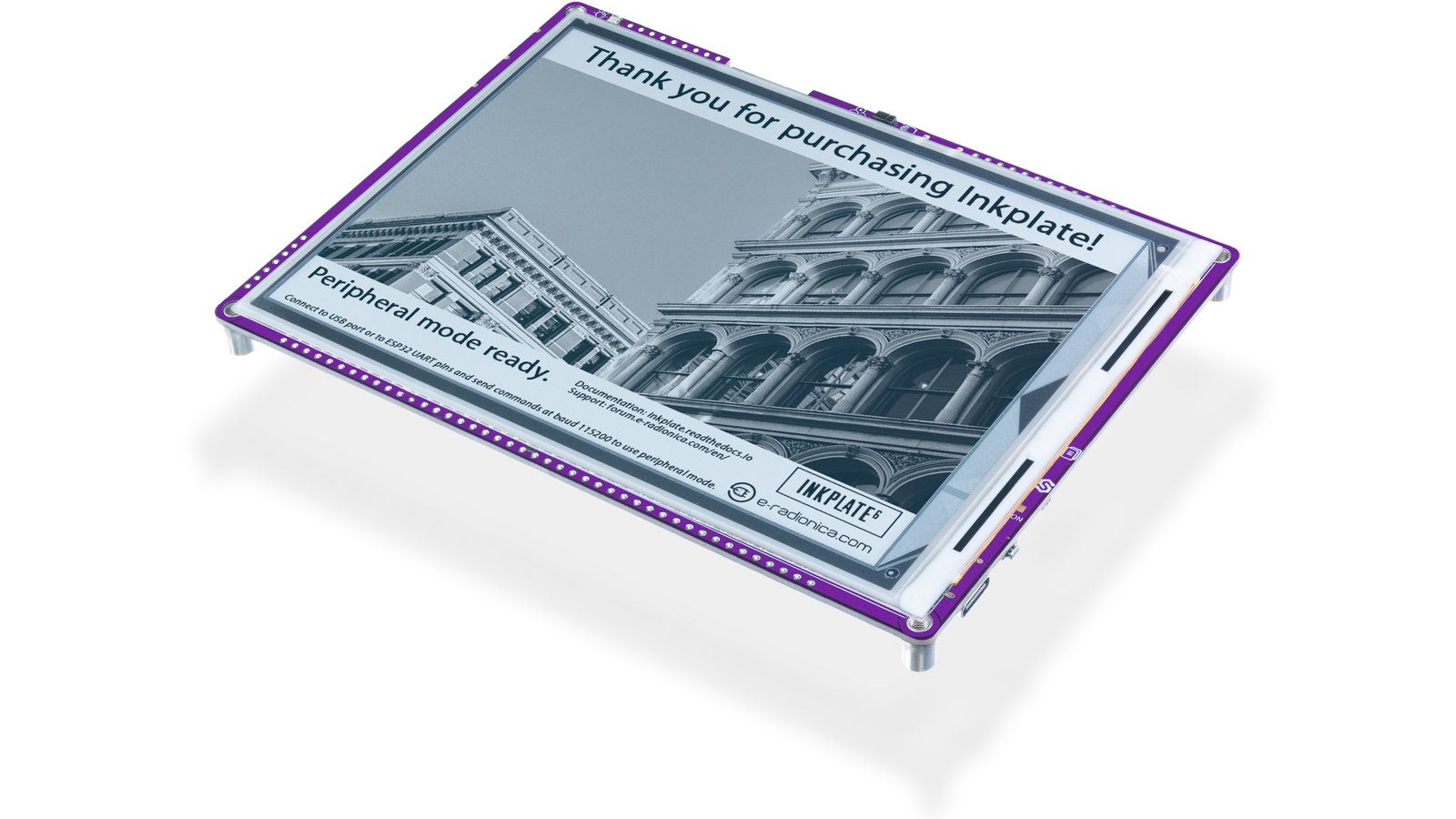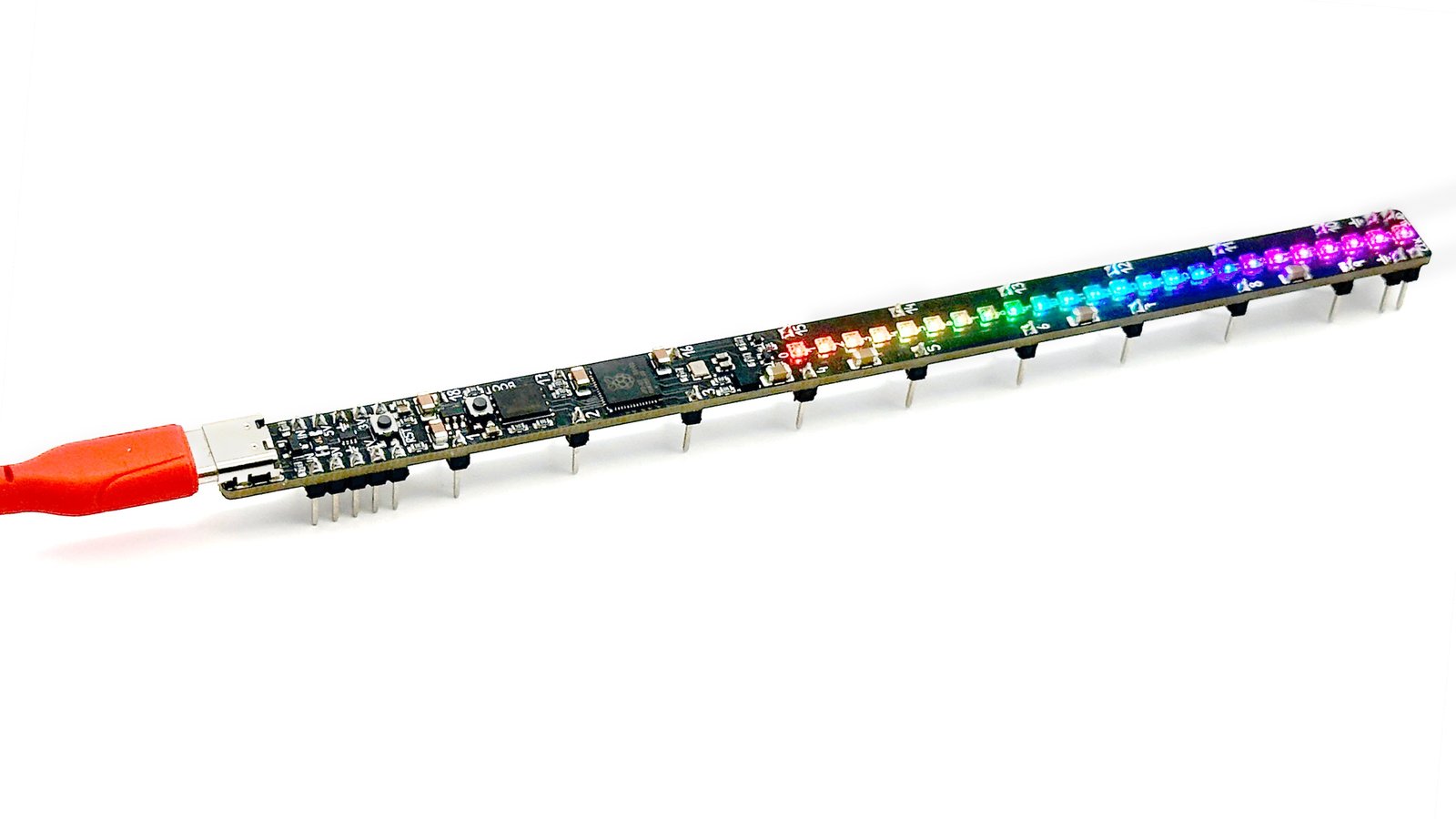Axiometa
Microcontroller Boards
Axiometa
Microcontroller Boards
Genesis IoT Discovery Lab is a modular, Wi-Fi-enabled platform designed to streamline prototyping and development. By eliminating the challenges of unreliable connections and complex wiring, it provides a standardized foundation for electronics projects.
Offered as a kit, we’ve designed a complete system that’s ready to go as soon as you open the box. You’ll find helpful modules with sensors, buttons, switches, motors, LEDs, and more. And because it’s open hardware, it’s easy to design and add your own modules. It also includes a battery connector with built-in charging, so projects are fully wireless and portable.
Whether you’re new to designing hardware or a seasoned developer looking to speed up the time it takes to iterate on your latest creation, the Genesis IoT Discovery Lab has something to offer you.
The Genesis IoT Discovery Lab is tailor-made for tinkerers and makers of all stripes. Dozens of ready-made AX22 modules make it the perfect foundation for rapid prototyping, and it’s simple enough to make it amazing for students. Tested in university and classroom settings, the Genesis IoT ecosystem simplifies teaching by removing the need for extensive debugging and enables an organized, repeatable approach to delivering lessons to students. Because it’s compatible with the Arduino IDE, MicroPython, CircuitPython, and popular standards like STEMMA QT and Qwiic, you can expect it to work how you want it to.
Standardized pinouts support over 50 sensors and peripherals, making it an excellent choice for creating tailored solutions such as IoT devices or flight simulator peripherals. This makes it a fantastic jumping-off point for designing custom hardware. Moreover, Genesis’ structured layout retains full compatibility with traditional breadboards, for even more flexible prototyping scenarios.
We didn’t intend to create yet another hardware standard—AX22 was simply the outcome of building as many useful modules as possible and making sure they could be easily arranged and reused on the Genesis platform.
Each module follows the AX22 22x22 mm format with a 10-pin interface supporting I²C, SPI, UART, 3x GPIO, and 1x analog input, so you can plug any module into any port without rewiring or remapping. By adopting AX22, you reap some of the following benefits:
Standardization: Ensures consistent ground, voltage, and signal configurations across components, reducing errors during integration.
Efficiency: Facilitates faster development cycles, allowing engineers and educators to focus on functionality rather than setup.
Robust Design: The modular, mechanically secured layout improves reliability during development and transport.
Flexibility: Seamlessly integrate the open source AX22 standard, free from vendor lock-in or IDE limitations.
Every single Genesis IoT Discovery Lab component is open-source hardware available under the CERN-OHL-S-2.0 license. We have schematics available for you on our website, and we hope to make more files available for users to download in the future via GitHub.
You can sign up at the top of this page to be notified when the campaign launches and to receive other updates. We only send out relevant content, and you can unsubscribe at any time.

· axiometa.ai · axiometa.ai · axiometa · axiometa · axiometa
We develop modular, open-source hardware and software to simplify prototyping and education in electronics. Our tools prioritize functionality and ease of use, eliminating unnecessary complexity for creators, educators, and engineers.

An open, Arduino-compatible, 3.8-inch e-paper device with plenty of peripherals

Expand your creative horizons with the fastest e-paper screen around

A long, lean, delicious development board with a unique form factor and high-quality components